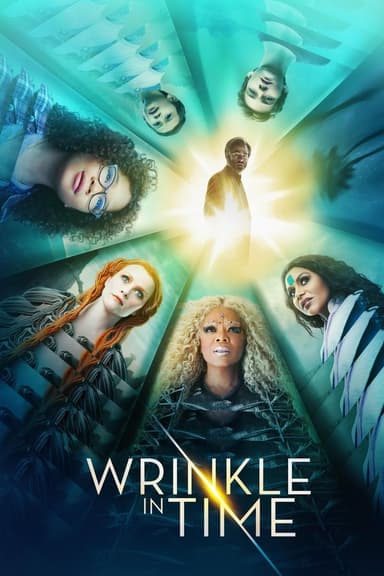
The Host
2013 • Action, Adventure, Science Fiction • PG-13
A parasitic alien soul is injected into the body of Melanie Stryder. Instead of carrying out her race's mission of taking over the Earth, "Wanda" (as she comes to be called) forms a bond with her host and sets out to aid other free humans.
Runtime: 2h 6m
Why you should read the novel
Reading Stephenie Meyer's novel The Host offers a deeply immersive experience, allowing you to fully understand the inner turmoil and emotional journey of its characters. The book provides a detailed exploration of the world-building, showcasing the intricacies of the alien race called Souls and their impact on humanity. With rich character development, thoughtful pacing, and philosophical questions about identity, love, and coexistence, the novel invites you to reflect and connect in ways that a two-hour movie simply cannot.
Engaging with the novel gives readers access to Wanda’s—and Melanie’s—complex inner dialogues. Meyer's writing invites you into their shared consciousness, making the emotional stakes and moral dilemmas far more intimate and intense. The book delves deeply into relationships and the process of trust-building among the last remnants of humanity, elements that are central to the story but only briefly touched upon in the film.
By reading The Host, you gain the opportunity to witness subtle growth, rich background stories, and nuanced side characters that shape the outcome of the story. It’s a more complete, rewarding experience, where you create vivid images in your mind and lose yourself in the intricate dynamics that are more faithfully and thoroughly portrayed in the novel.
Adaptation differences
One of the most notable differences between The Host book and film adaptation is the treatment of Wanda and Melanie's internal dialogue. While the novel devotes ample narrative space to their conversations, intricate thoughts, and emotional struggles within a shared body, the movie simplifies this, primarily using voiceovers that often miss the depth and subtlety present in the source material.
Another key difference is the portrayal and development of supporting characters. In the novel, secondary characters such as Jamie, Jeb, and Ian are given significant backgrounds and emotional arcs, enriching the plot and Wanda’s transformation. The film, constrained by time, trims many subplots and character moments, making some relationships feel rushed or underdeveloped compared to their nuanced depiction in the book.
The pacing of the story also shifts dramatically from novel to film. The book takes its time to build suspense, develop relationships, and explore moral questions at a thoughtful pace. The movie, however, accelerates events to fit within a standard runtime, which results in certain scenes and emotional developments feeling abrupt or less impactful.
Additionally, the film softens or entirely omits several darker or more complex aspects of the book, particularly regarding themes of sacrifice, violence, and hope. For example, Wanda’s ultimate plan and its emotional consequences are explored in depth on the page, giving readers a chance to grasp the true weight of her choices, while the adaptation tends to gloss over these to achieve a more conventional “happy ending” for viewers.
The Host inspired from
The Host
by Stephenie Meyer















